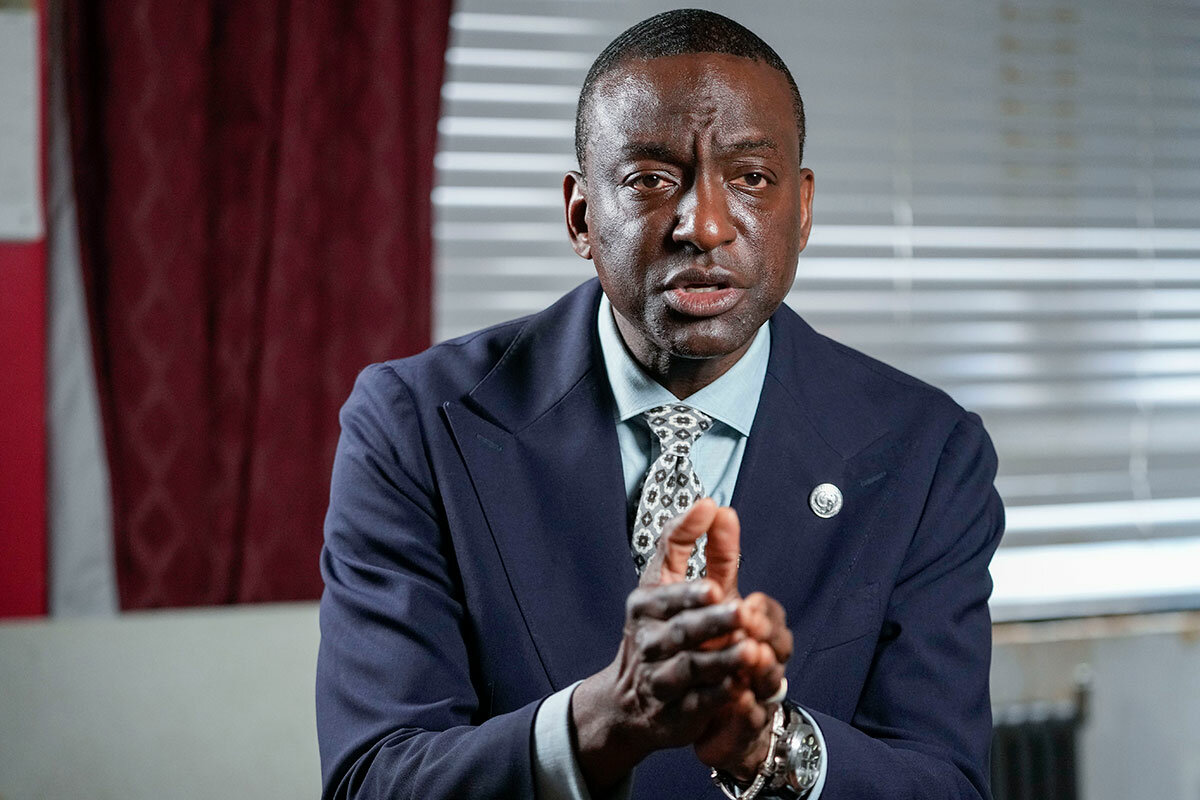Yusef Salaam and the ‘ultimate justice’

 Ken Makin
Ken Makin
If Yusef Salaam had lost faith in the justice system, let alone electoral politics, it would have been understandable. As a teenager in 1990, he was convicted of a crime he didn’t commit and spent nearly seven years in jail.
And yet, Mr. Salaam, one of the five men exonerated of raping and savagely beating a Central Park jogger in 1989, grew more determined. Last week, he won the Democratic primary for a New York City Council seat representing Harlem, making him the strong favorite to win the seat in November. A few months before he announced his candidacy, Mr. Salaam stood at a ceremonial gate that was unveiled to honor the Exonerated Five’s resilience and independence.
“We are here because we persevere,” Mr. Salaam said at the time.
There are times when a gate works as a dam – a prison. Gatekeeping is the activity of limiting access and controlling resources. Martin Luther King Jr. spoke allegorically many years ago about how we might break open the floodgates: “Now is the time for justice to roll down like water and righteousness like a mighty stream.”
Dr. King’s reference to the book of Amos wasn’t just aspirational. It was a call to accountability. Even as Mr. Salaam walks in the way of Harlem activists such as Malcolm X and iconic politicians such as Adam Clayton Powell, there are still injustices that profoundly affect Black people. As we highlight the individual stories of the exonerated, we should be mindful that there is a collective of people who seek independence from poverty and homelessness.
The potential that comes from that social uplift is limitless, as Mr. Salaam said when asked about the arc of his life on PBS. “It strikes me as the ultimate justice,” he said. “In faith and in faith communities, they always talk about when God restores, you get back 100 times what was taken.”
Editor’s note: A sentence in this article has been corrected to note Mr. Salaam’s victory was in the primary election.



